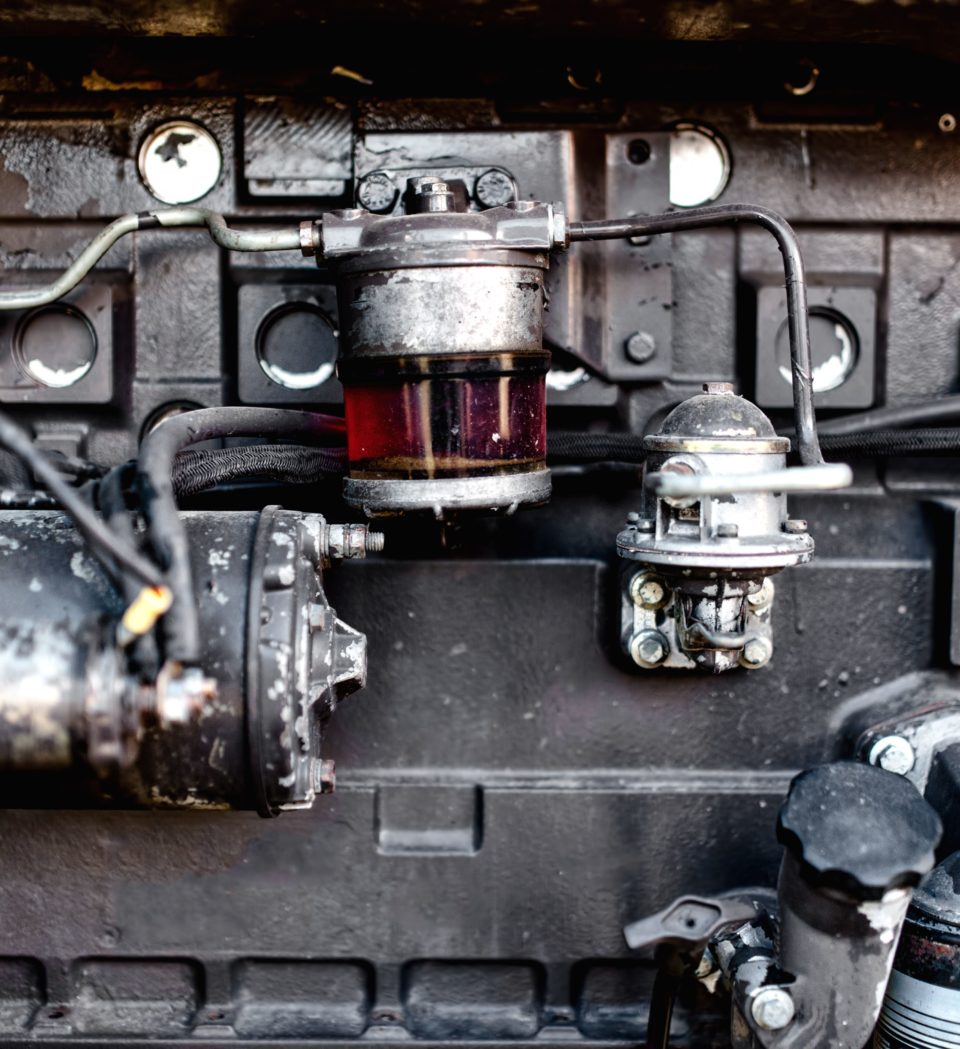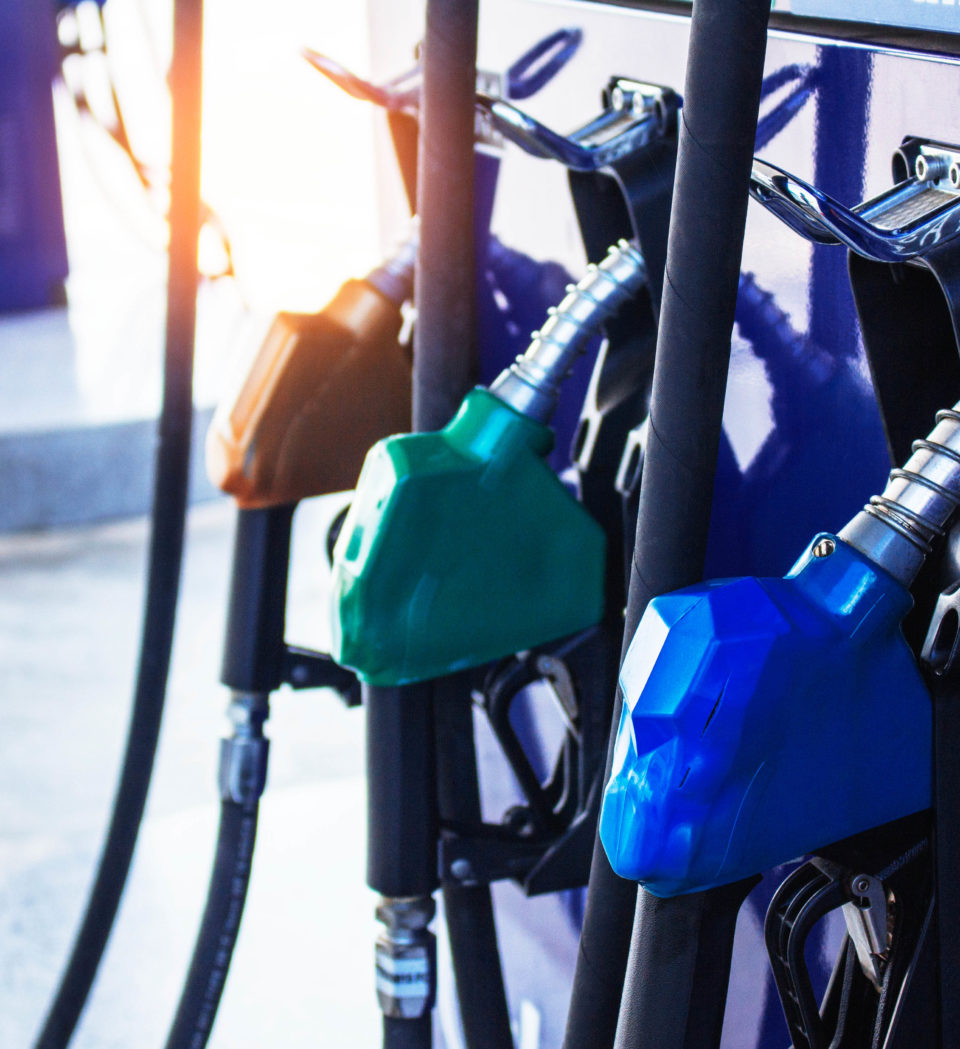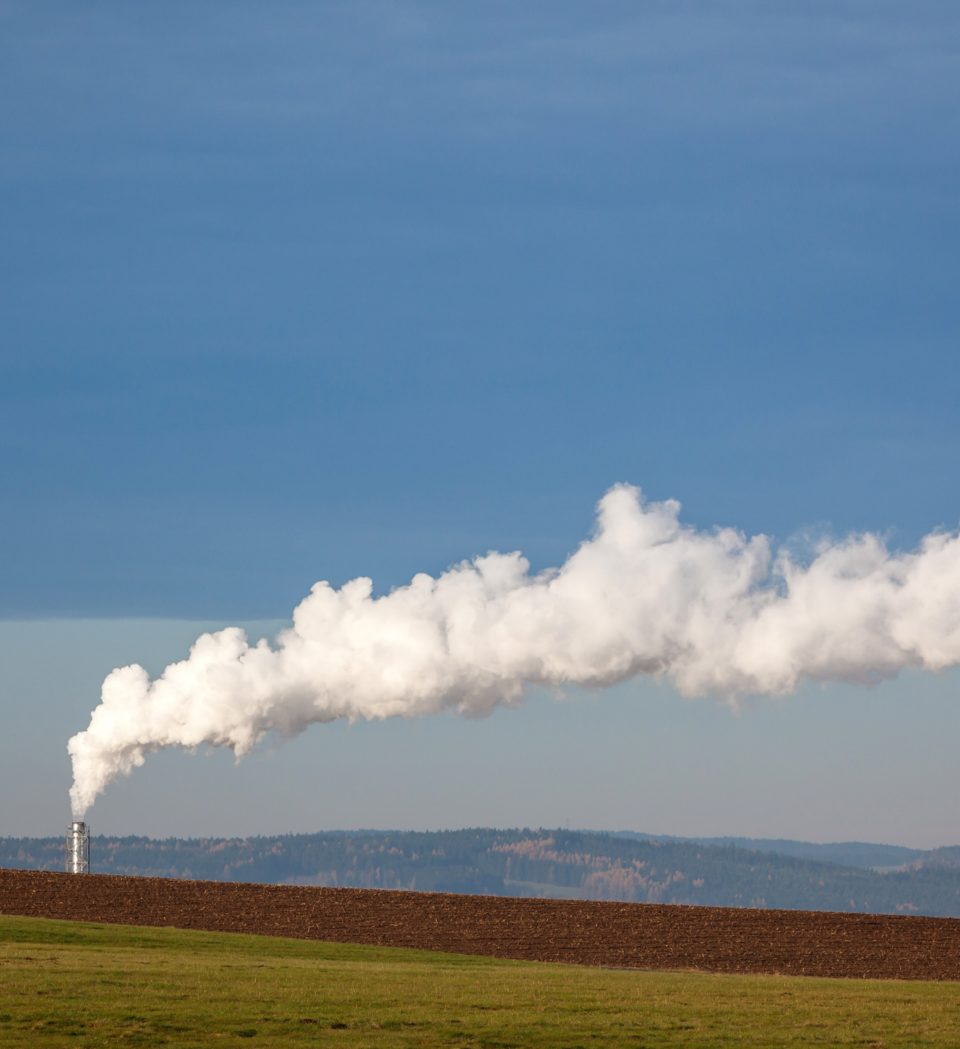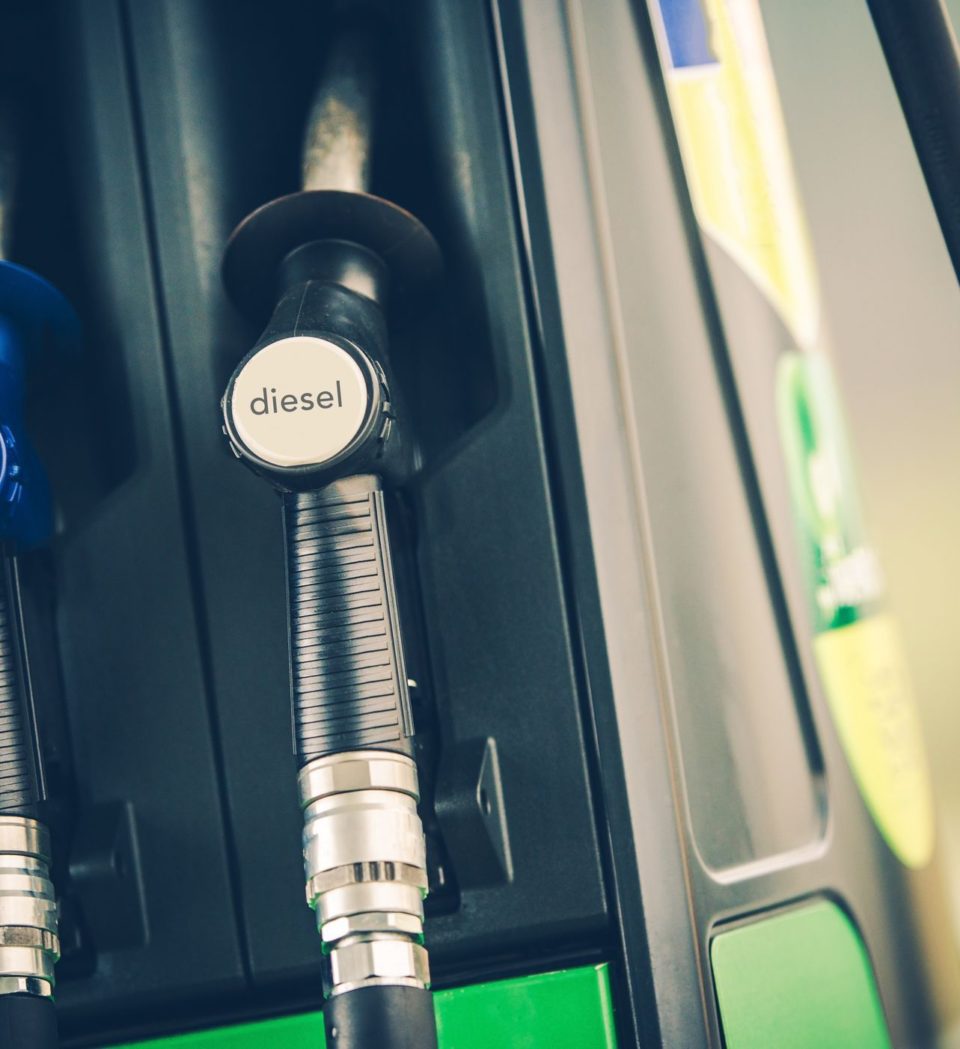
Analyzing The Pros and Cons of Diesel Engines
There are pros and cons of diesel engines. With respect to the pros of diesel engines, diesel engines pollute less than gasoline and biofuel engines. And, diesel engines are more fuel efficient than gasoline and biofuel engines. That is to say, diesel engines get better “gas” mileage than other

Why Diesel Engines Get Better Gas Mileage and Burn Cleaner than Petrol Engines
Why diesel engines get better gas mileage and burn cleaner than petrol engines is because diesel is a cleaner more energy dense fuel. A diesel engine is between 25 and 35 percent more fuel efficient than a gasoline vehicle of comparable size. With a diesel engine, you go to the pump much less often

Why Do They Use Diesel in Large Vehicles Rather Than Petrol?
The question, “why do they use diesel in large vehicles rather than petrol?” is a good question. It is a good question because it implies another question, “why don’t they use petrol in large vehicles rather than diesel?” After all, petrol pollutes less than diesel. Right? Wrong, actually.

Understanding Fuel Economy — “Gas” Mileage
Thermal efficiency, compression ratio, and fuel density are the primary factors that determine the fuel efficiency — a.k.a. fuel economy — of an engine. If mounted in a car, pick up, truck, boat, ship, a piece of heavy equipment, etc., even more, variables come into play with respect to the fuel

Gasoline Versus Diesel Engines: A Fuel Efficiency Comparison
Gasoline vs diesel engines — with respect to fuel efficiency — is not even a debate. Unlike in Europe and the vast majority of the rest of the developed world, it is not uncommon for people in the United States to be unaware that diesel is a better fuel than gasoline with respect to fuel [&helli

Diesel Emissions: What They Are and What Are Their Consequences
Diesel emissions recently made headlines when it was discovered automobile manufacturers were cheating diesel emissions tests. In 2015, evidence surfaced that Volkswagen was cheating on diesel-engine emissions tests. According to the Financial Times, John German — a senior fellow at the Internatio

Latest Advances in Diesel Technology And What is To Come
Diesel, in relation to other fossil fuels, is an exceptionally dense fuel. There are a variety of properties that are inherent in dense fuels. Because of the inherent properties of diesel, diesel engines are extremely energy efficient both respect to combustion efficiency and thermal efficiency. H

Compression Ratio: Why Diesel Engines are More Efficient than Gasoline Engines
Compression ratio plays as large a role in fuel efficiency as any other engine combustion factor. Diesel engines are between 25 percent and 35 percent more fuel efficient than gasoline engines of comparable size. If two vehicles have engines that are equal in size, but one has a diesel engine and th

What Determines Engine Fuel Efficiency: “Gas” Mileage of a Vehicle
Fuel efficiency is the product of two variables. Fuel density is one of two factors that determine fuel economy and thermal efficiency is the other. That is to say, fuel density and thermal efficiency determine the “gas” mileage of diesel, gasoline, biofuel, ethanol, and propane-powered vehicles

Why Diesel Engines are More Fuel Efficient than Gasoline Engines
Diesel engines are more fuel efficient than gasoline engines. That is to say, diesel engines get better “gas” mileage than comparably sized gasoline powered engines. There are two reasons why. First, diesel is a better fossil fuel than gasoline with respect to energy density. And second, diesel

